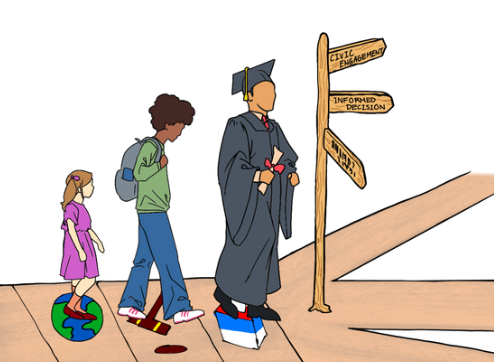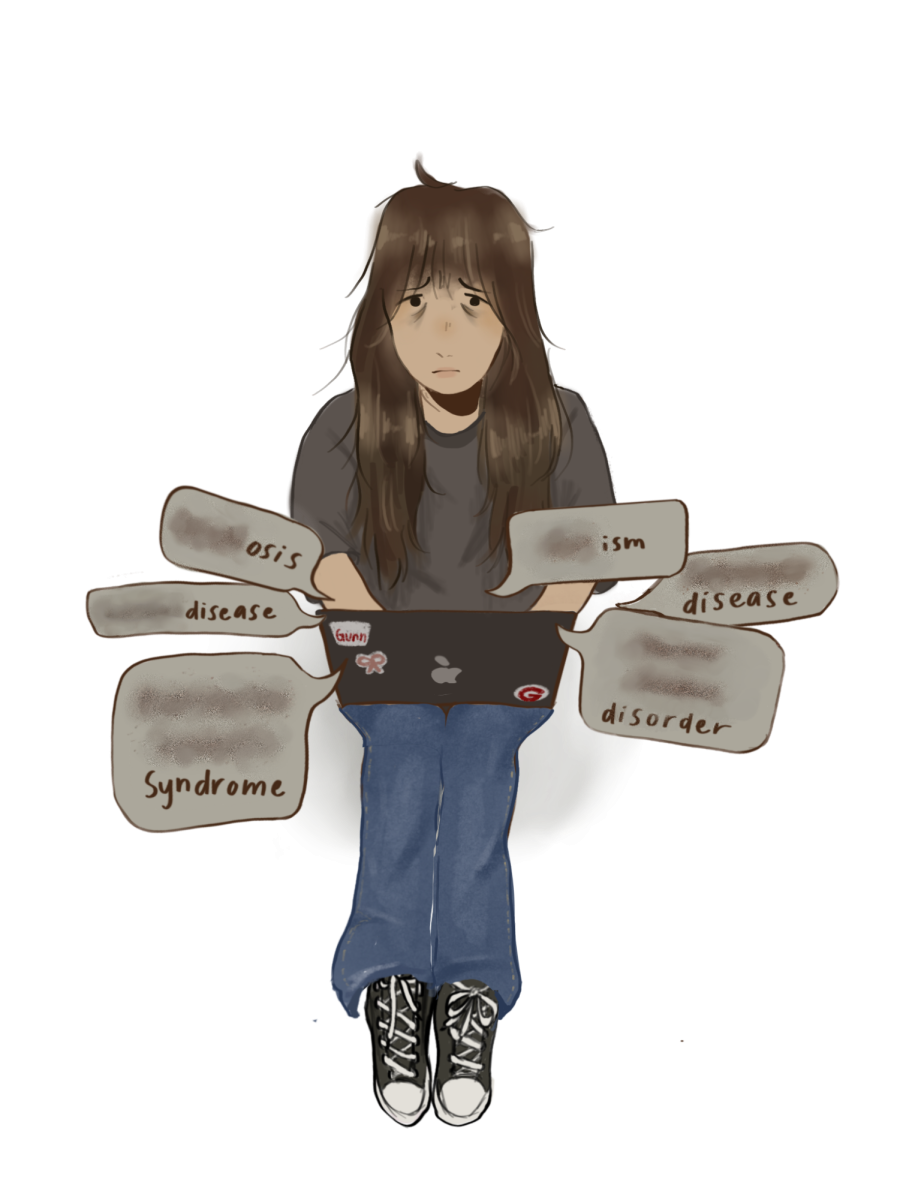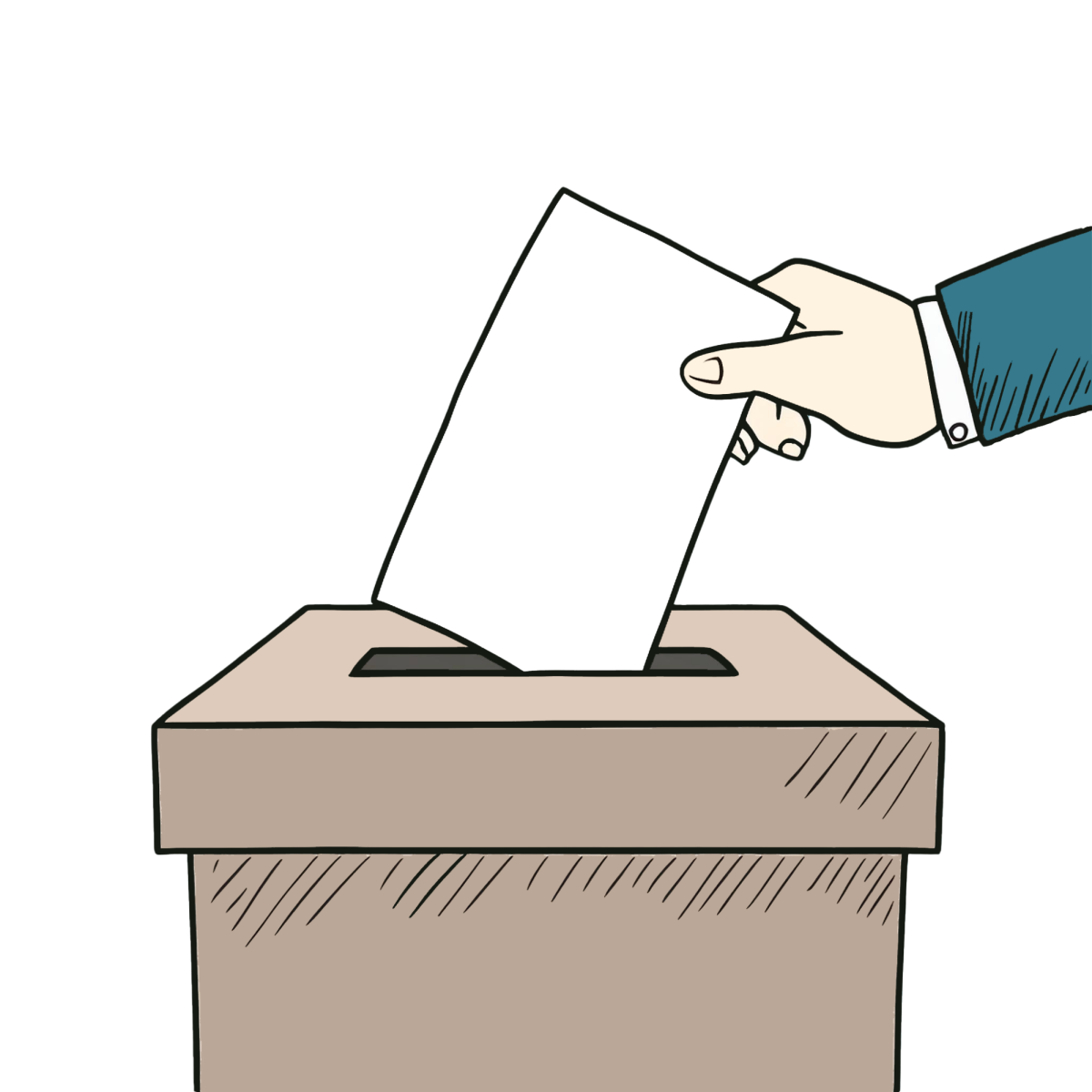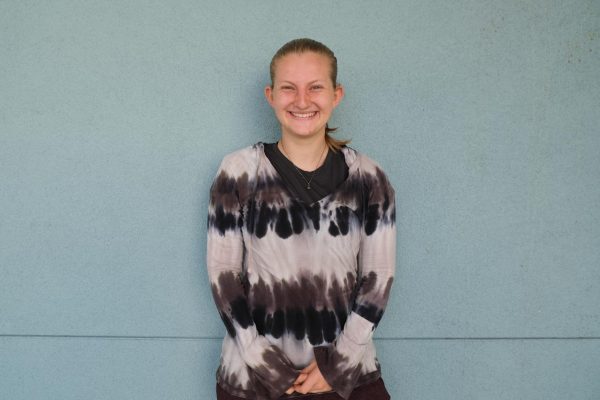With the United States presidential election drawing closer, political conversations are becoming much more difficult to avoid on campus. Growing up, students have been told to stay away from the discussion of politics in the classroom, and that teachers were barred from broaching the subject in order to not indoctrinate students to political beliefs. However, as more political topics become relevant to curricula and students get closer to graduating into the real world, conversations once deemed taboo are both inevitable and beneficial in equipping students with the necessary tools to thrive after high school.
Politics add relevance and engagement to classroom discussions. This applies to all the social studies classes, as well as in English and many other subjects which touch on the subject of politics. In the Contemporary World History course, lessons around the Cold War or the Middle East still hold relevance if they are contextualized in the political trends of today. When English classes read “To Kill a Mockingbird,” conversations about discrimination allow further analysis of character and setting. In classes such as the new ethnic studies course, which has a curriculum rooted in current events and local history, preventing political discussion would only be a hindrance to education.
Furthermore, as more issues become politicized, trying to avoid the topics in class causes more harm than good. What is allowed to be taught in classrooms is an issue of political contention, as some current political initiatives are centered around censoring education. At Gunn, biology classes teach evolution, English classes read books that are on banned books lists, history classes teach about historical systemic injustices and economics classes analyze specific strategies that are relevant to opposing campaigns. Some of these lessons have been banned in other school districts around the country, and to teach them in itself is perceived as a political opinion by the school. However, it is important to realize that ignoring these topics eliminates the possibility of students expanding their horizons by learning more about topics concerning policies. This will inevitably lead to a lack of political knowledge in students, and as they become adults, they will become less informed — maybe even misinformed — about civics and current affairs.
While there may be more reasons to limit political discussions in elementary or middle school, due to many topics being too mature for younger children, by high school, students are ready for complex subject matter and conversation. High school students are ready to respectfully debate and appreciate the nuance and real-world connections essential for political discussions. Creating more space to have these conversations better equips students for future civic engagement and political awareness, which is especially important considering the current low young voter turnout in elections. According to the Center for Information and Research on Civic Learning and Engagement at Tufts University, younger voters only had a turnout rate of 23% during the 2022 election season. If students learn about current political stances and elections through an objective, educational lens in school, they will be better prepared and feel more empowered to stay educated on the issues and be committed voters as adults. While these topics are touched on in U.S. government courses, interweaving these conversations into different classroom settings can teach students the association of political issues with other subjects they are interested in. Teachers moderating these discussions can also prevent students from receiving their information from a different, more biased medium such as social media. Overall, teacher-led deliberation over these topics can reduce the political polarization that students can encounter in today’s world of media.
Political discussion can also prepare students for difficult conversations in areas that are commonly described as predominantly unilateral in its political identity. Therefore by creating a space in classrooms for political colloquy, students will be exposed to opinions they weren’t expecting to hear or nuances in perspectives that would not have come up in casual conversation.
Learning how to have respectful and thought-provoking conversations about subjects that can be controversial is an important academic and social skill which students can carry with them throughout their lives. Many often argue that political discussions should stay outside of the classroom in order to maintain professional student-teacher relationships without involving the political opinions of each person. They contend that students are at school to learn and teachers should relay that information in a proper manner, as they are often afraid that students will be indoctrinated and influenced by their teachers’ opinions. However, this does not apply to politics in the classroom because teachers would be there to facilitate proper discussion. These conversations should be encouraged in relation to relevant course material or current events, creating a safe space for civil discourse and questioning.
With proper facilitation, students can be empowered to stand up for what they believe in and feel supported by the school community in their continued curiosity of political issues. The first step to beginning their own journey in civics is learning this material in an objective, moderated environment that schools should provide for their students.































